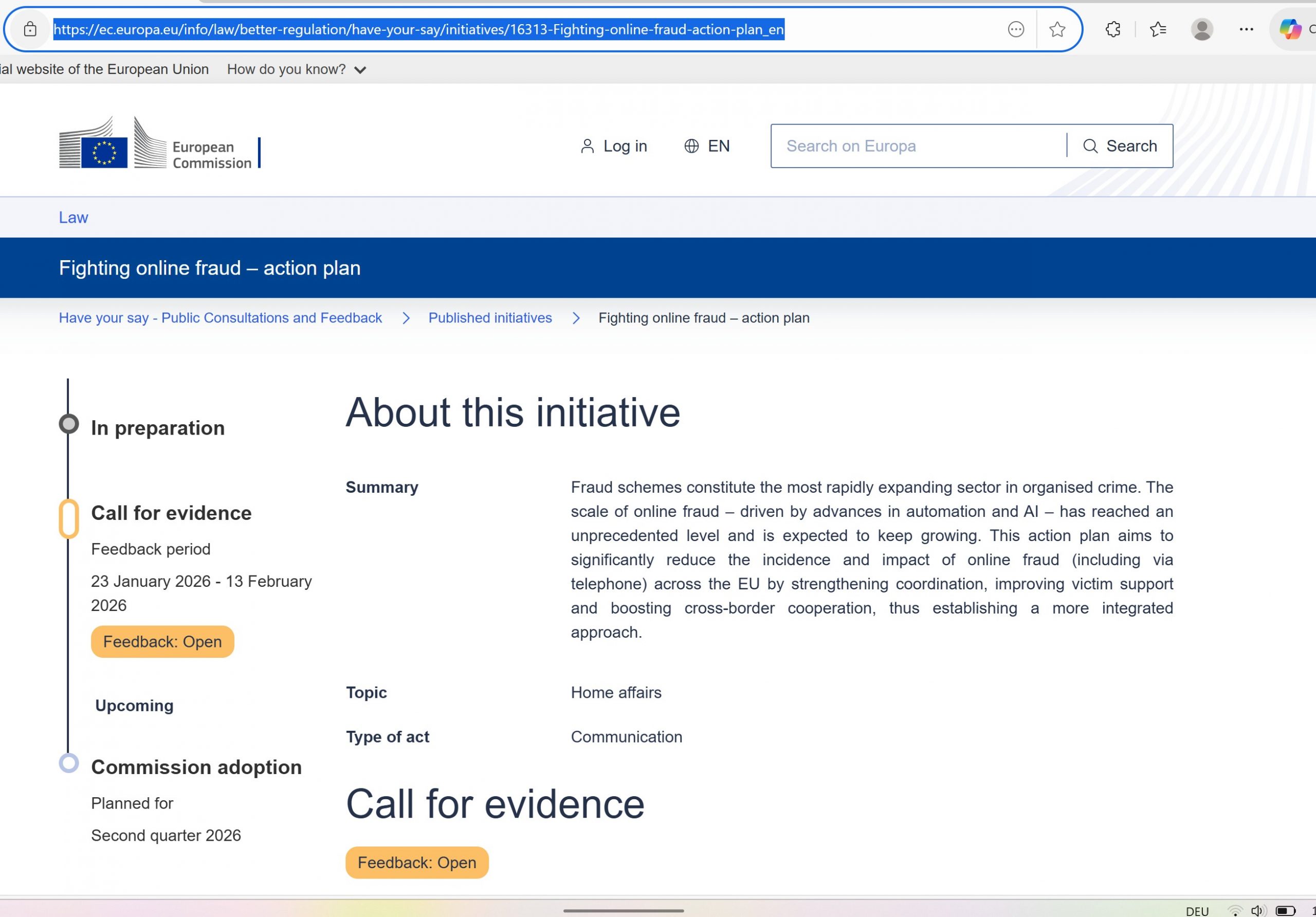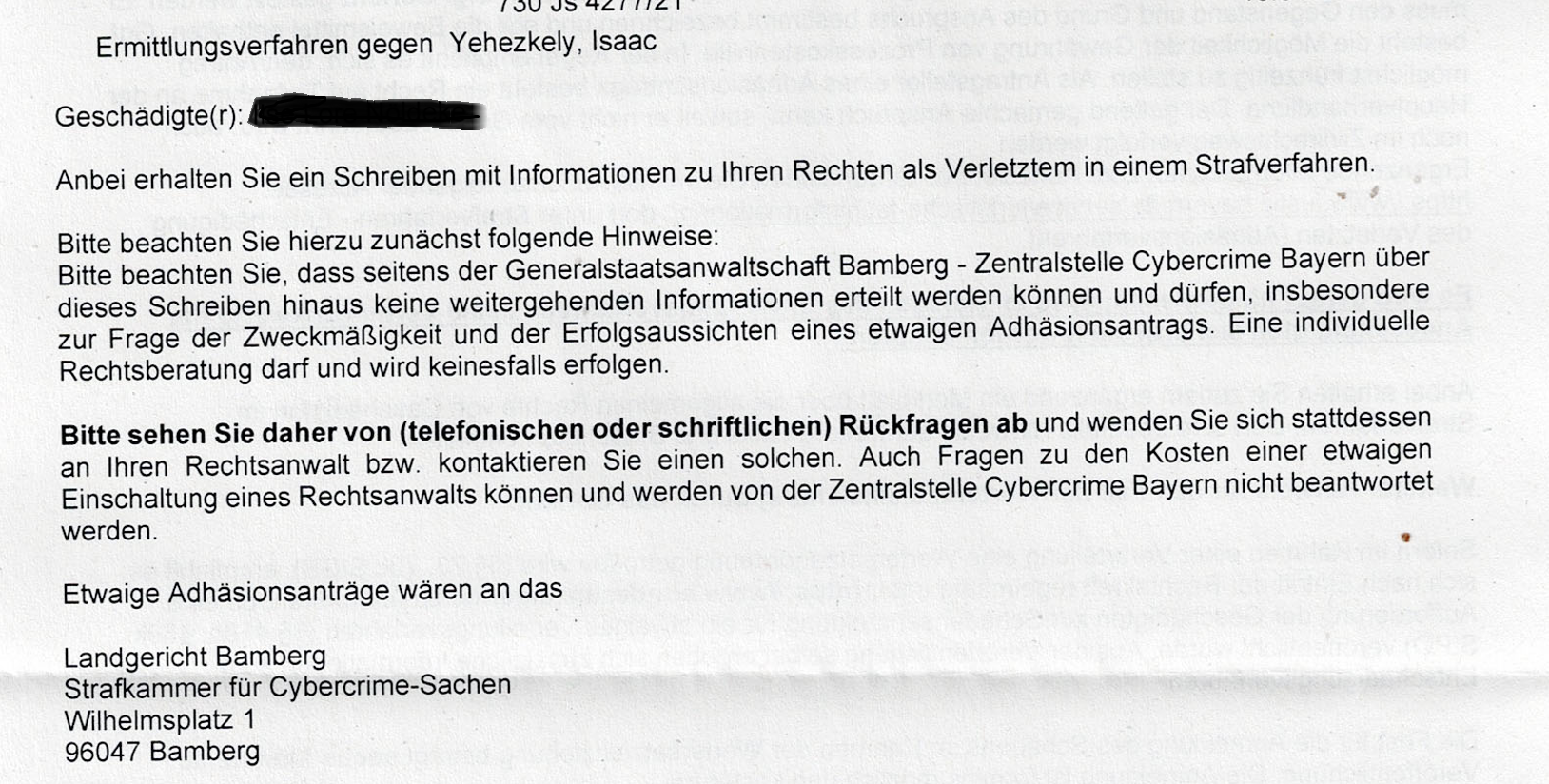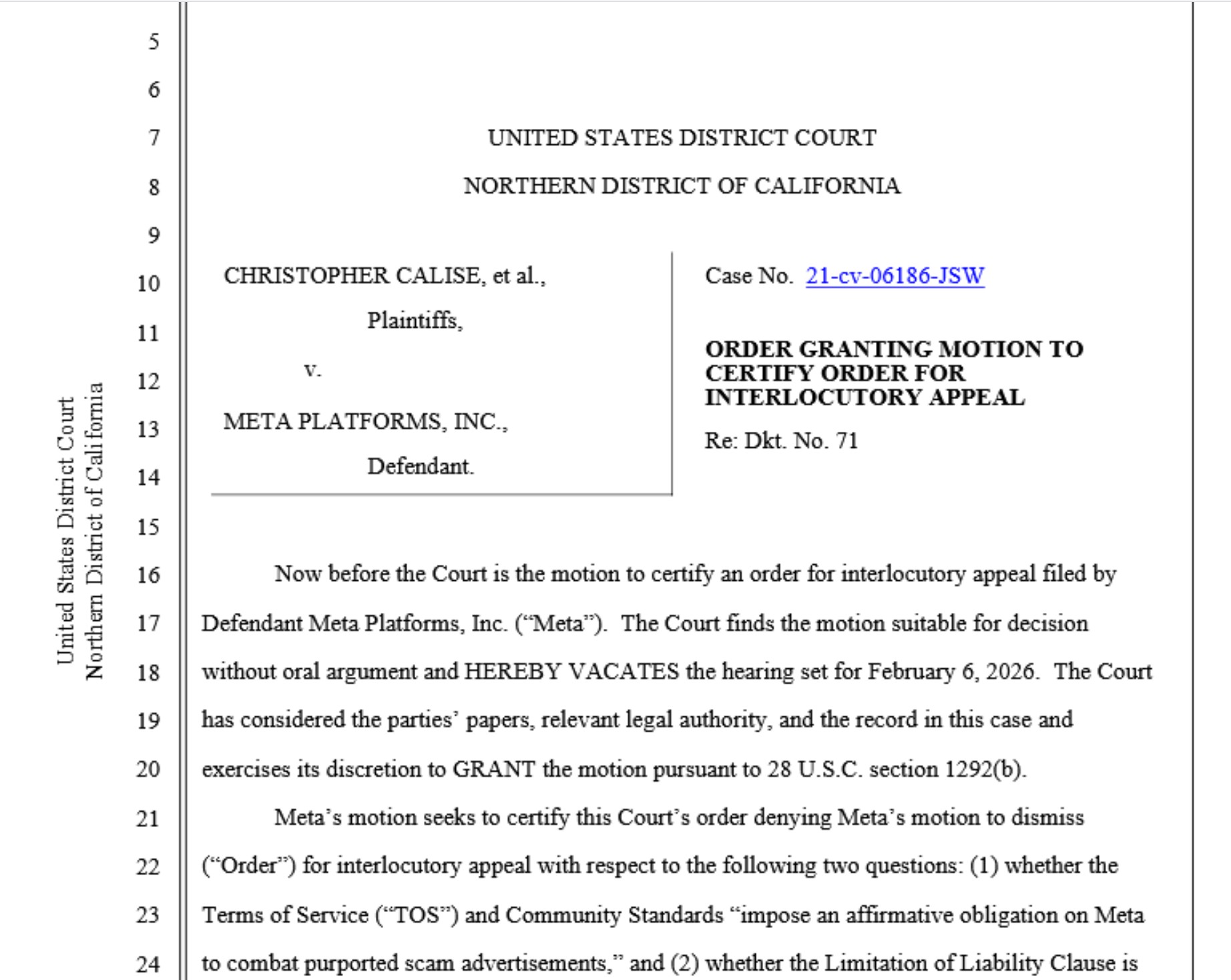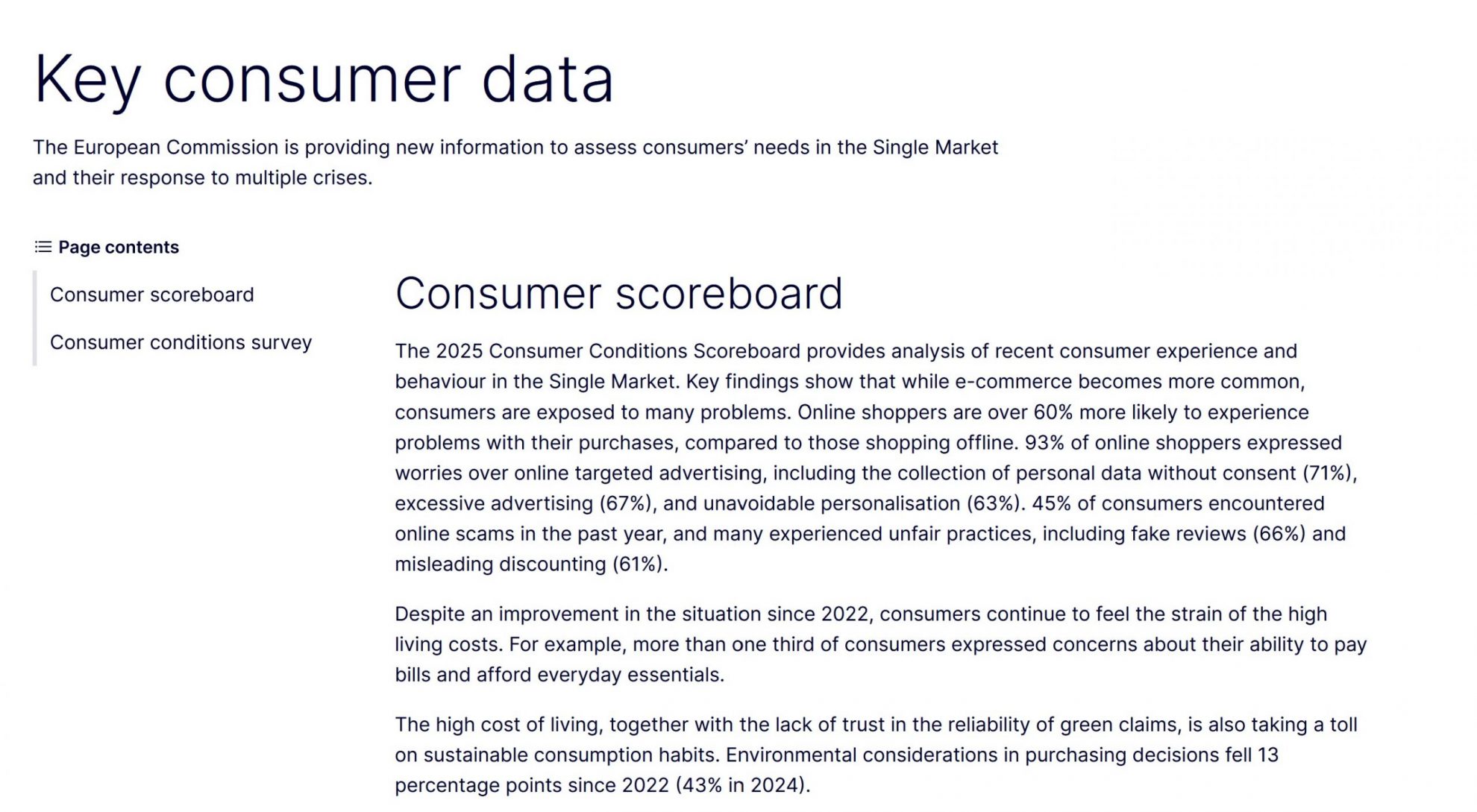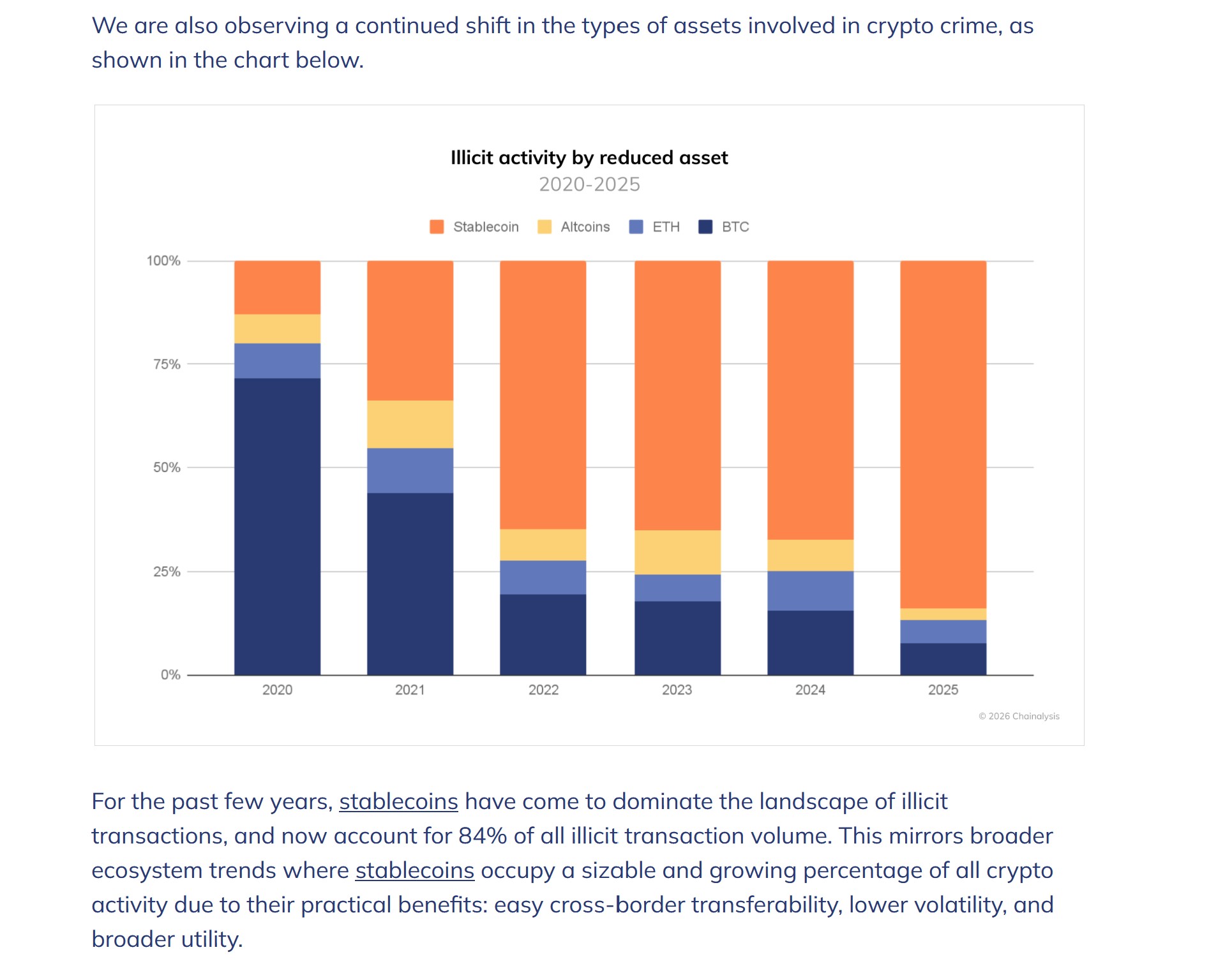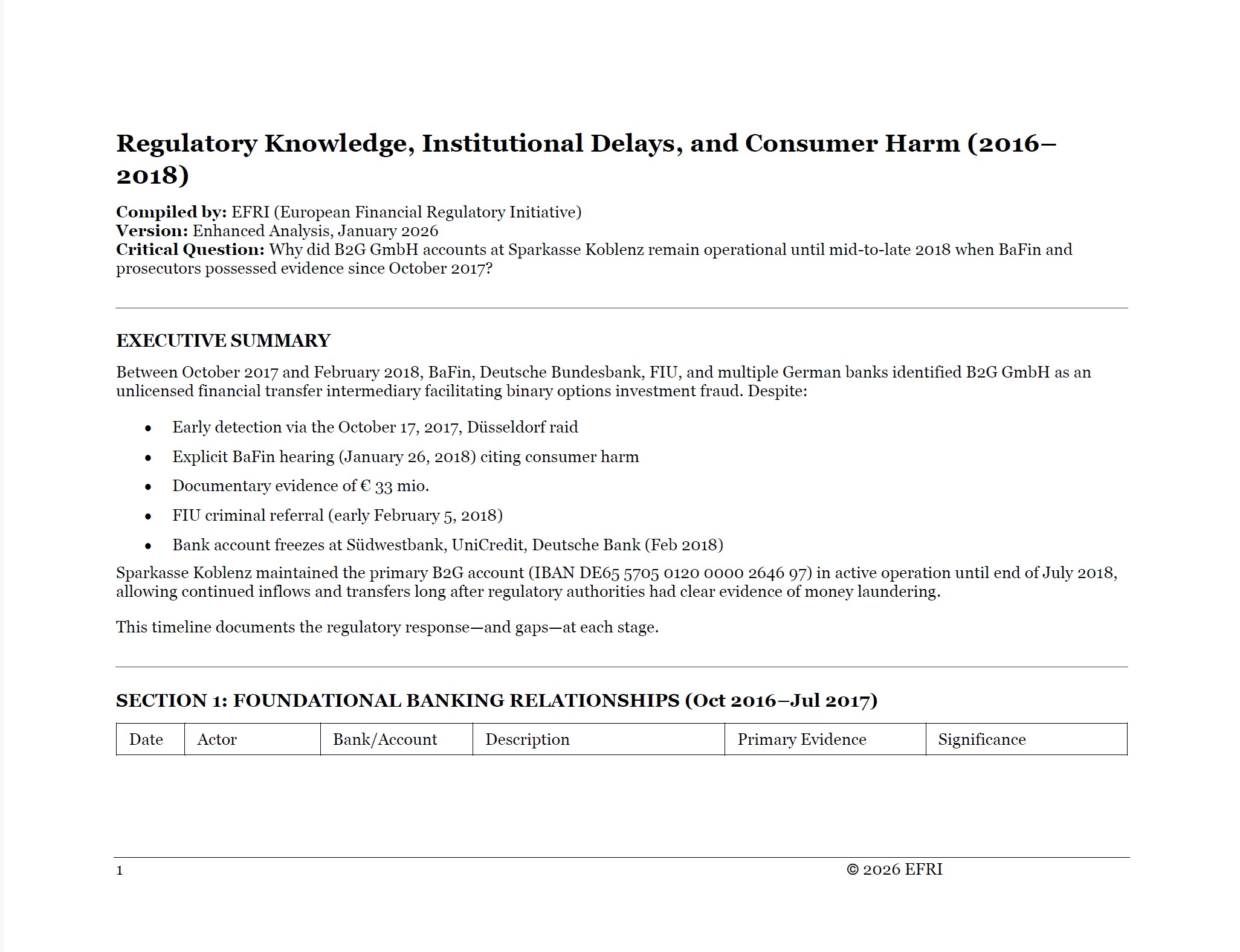EFRI`s open letter to the European Authorities in charge of anti-money laundering.
Based on our findings of the activities of some European licensed Payment Institutions and e-money institutions in the online fraud industry (in specific Payvision B.V., Wirecard Bank AG, Moneynet Int LTD) we formulated some recommendations and established an open letter to the European authorities in charge.
Online fraud is a threat to our society by now.
On 23 February 2023, the U.S. Federal Trade Commission (FTC) revealed that Americans lost almost $8.8 billion to various types of scams in 2022, following a significant surge of over 30% more lost to fraud than the previous year.
In 2021, Americans also reported more than $5.8 billion in fraud losses, another massive increase of over 70% compared to 2020. According to the FTC, consumers reported losing more money to investment scams—more than $3.8 billion—than any other category in 2022. That amount more than doubles the amount reported lost in 2021.
In Europe, no comparable numbers are available. Still, the European countries have no common database, and the single members of European countries do not have unified definitions for the different kinds of cybercrimes. But the figures secretly shared are enormous and frightening. So, according to this article, Europol is talking about an annual cybercrime loss of 50 billion euros.
Having no numbers on the actual huge issue helps the governments and politicians in different European countries to negate still that online fraud is a threat to our society.
The Money Laundering Issue
Money laundering transforms profits from illegal activities—such as fraud, drug and human trafficking, organized crime, and corruption—into seemingly legitimate earnings by concealing the source of the acquired funds.
Recent estimates show that approximately $800 billion to $2 trillion is laundered annually through the global banking system. That’s roughly 2 to 5 percent of global GDP. In recognition of the growing problem, regulators are developing stricter policies—and handing out heftier fines when institutions are caught laundering money.
But based on what we have seen during the past years, these fines are not resulting in any severe change in the issue.
The payment processing component of a crime value chain is for all kinds of fraud systems but is most critical for cybercriminals.
So, with the scammers proliferating their methods, the supervisory authorities must ramp up their efforts to develop more efficient and effective enforcement actions to curb cybercrime. So we ask the regulators to finally take decisive and fast actions: withdraw licenses, ban managers and directors from the payment industry if they are involved in massive money laundering cases, and send them to jail if you find evidence that they knowingly and willingly support online fraud.

